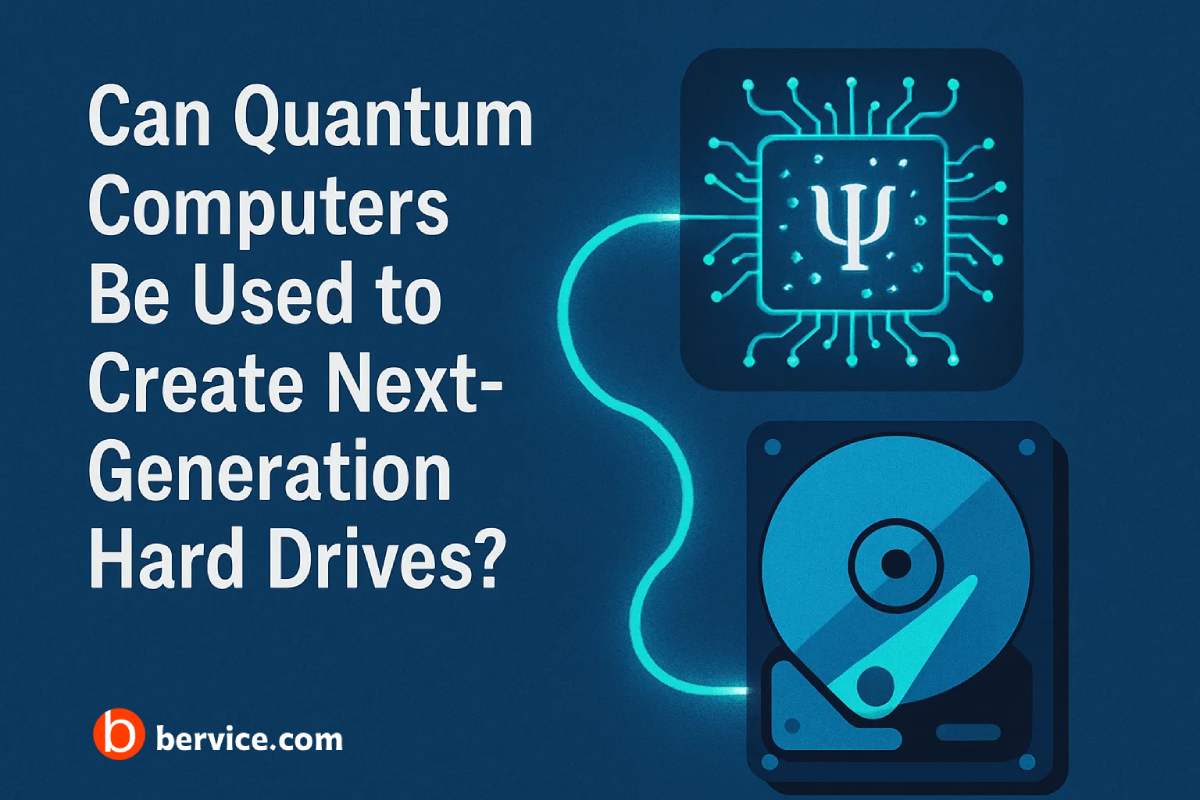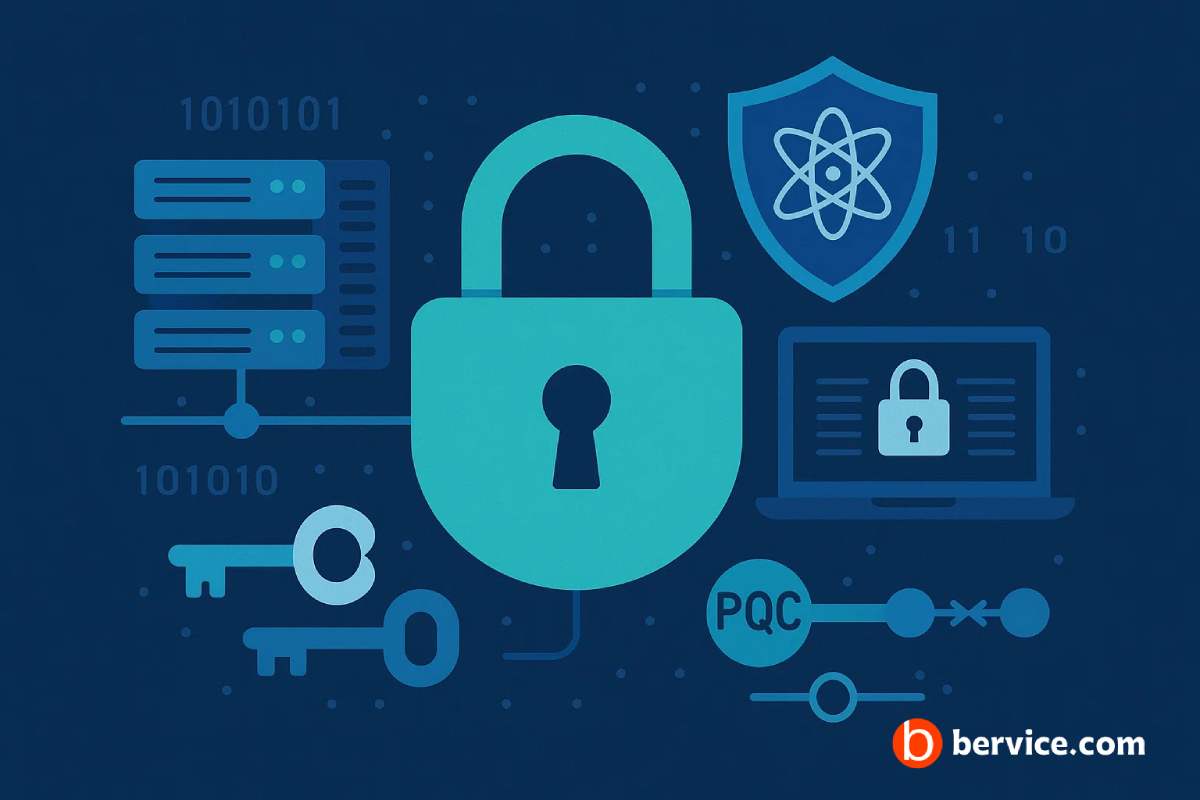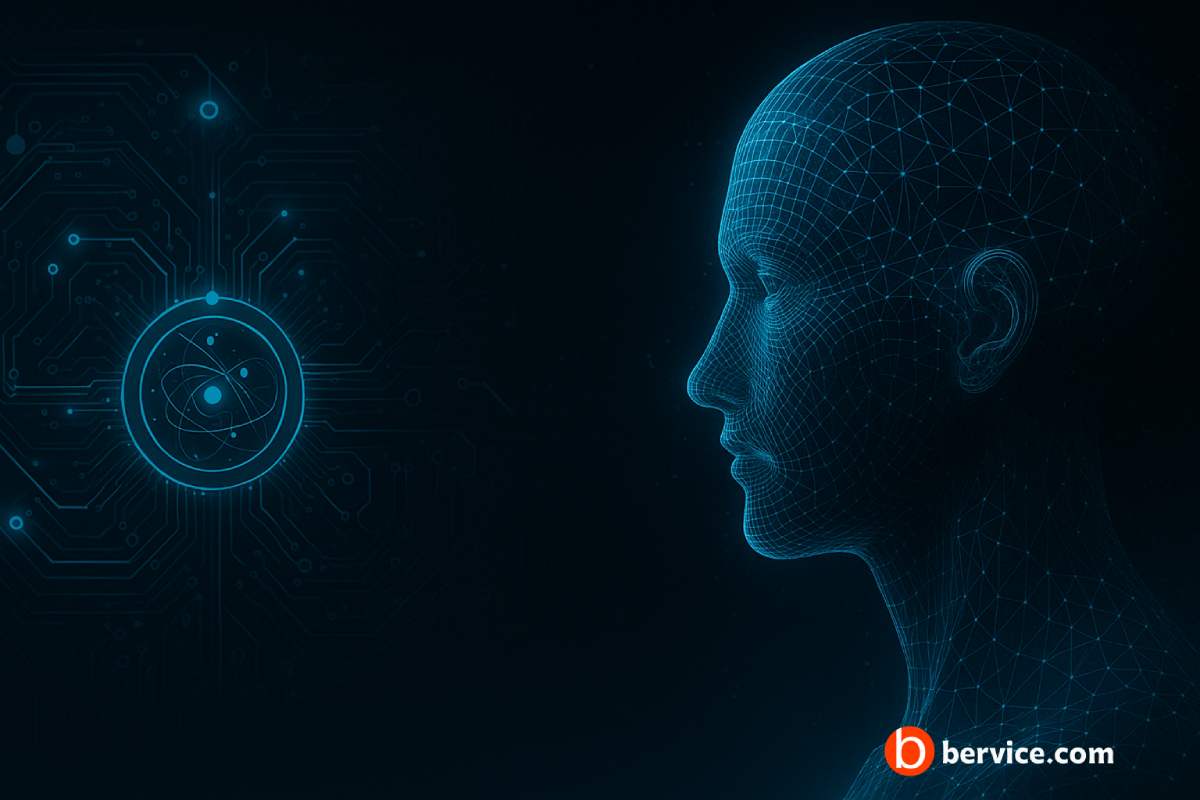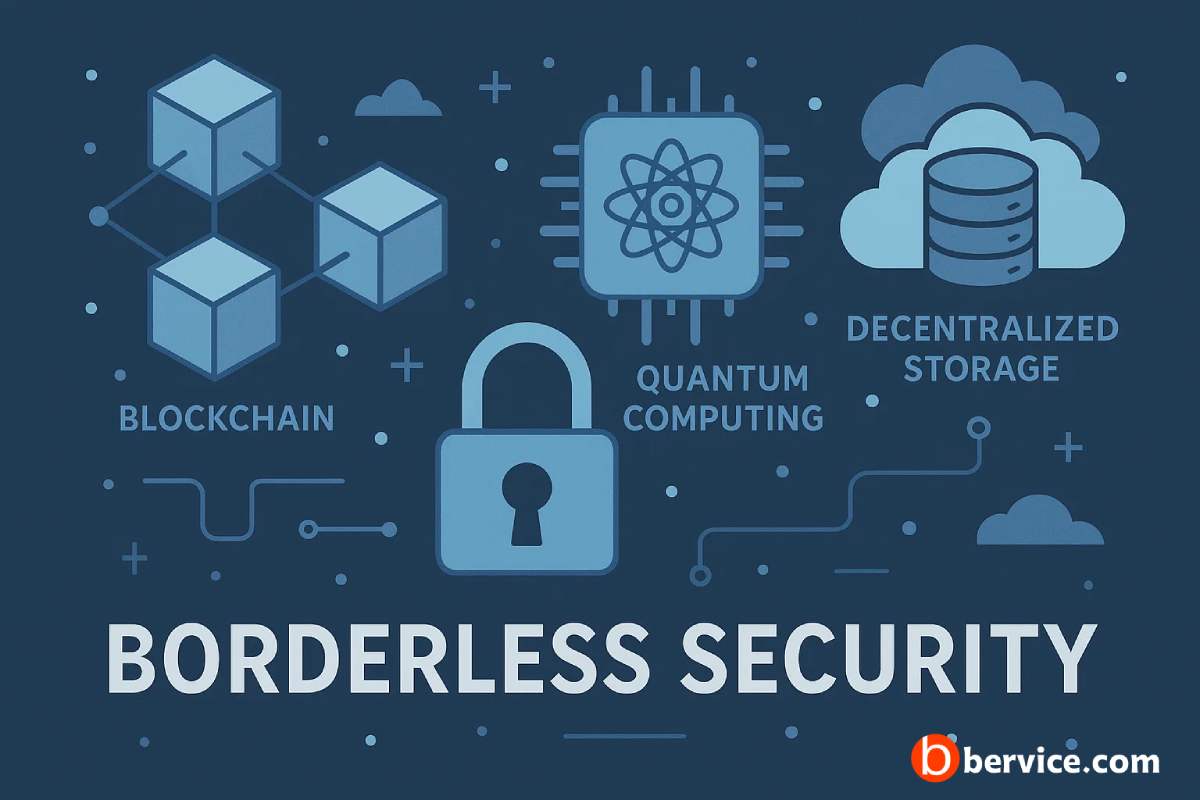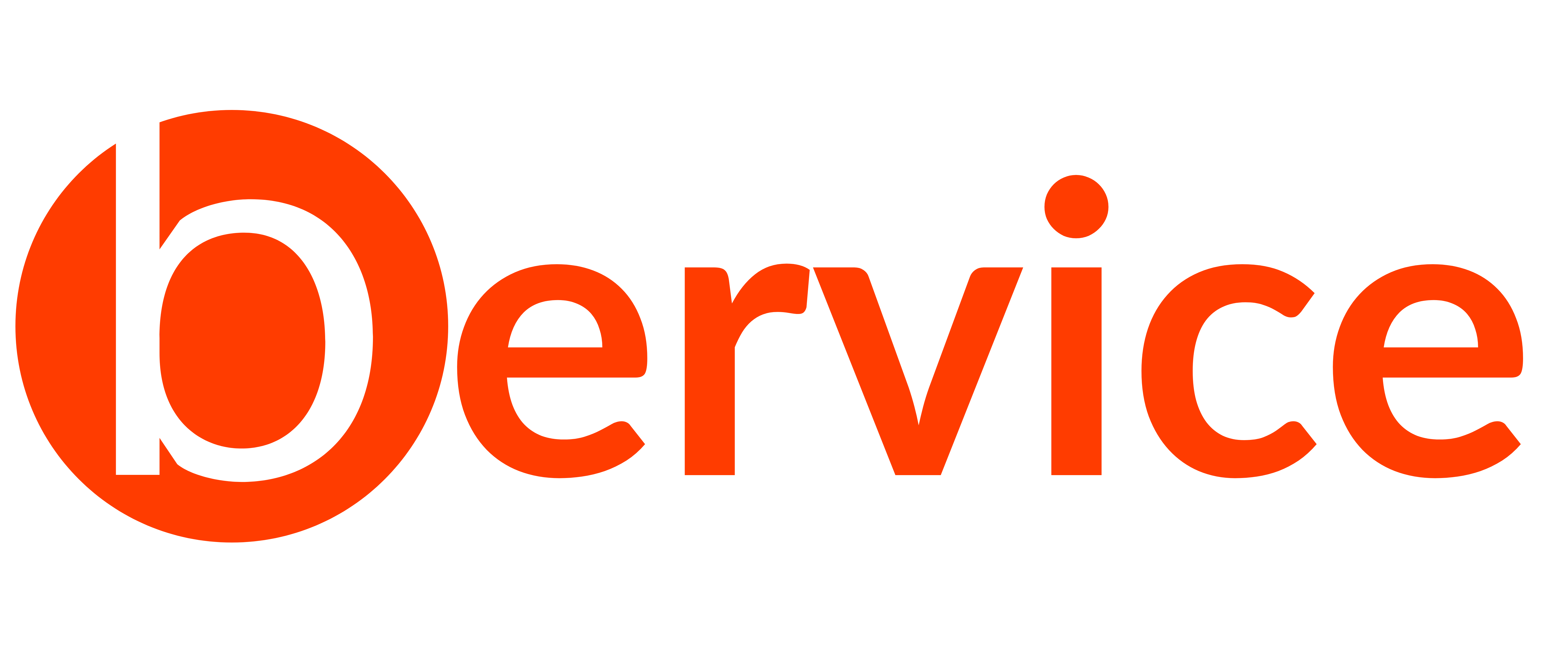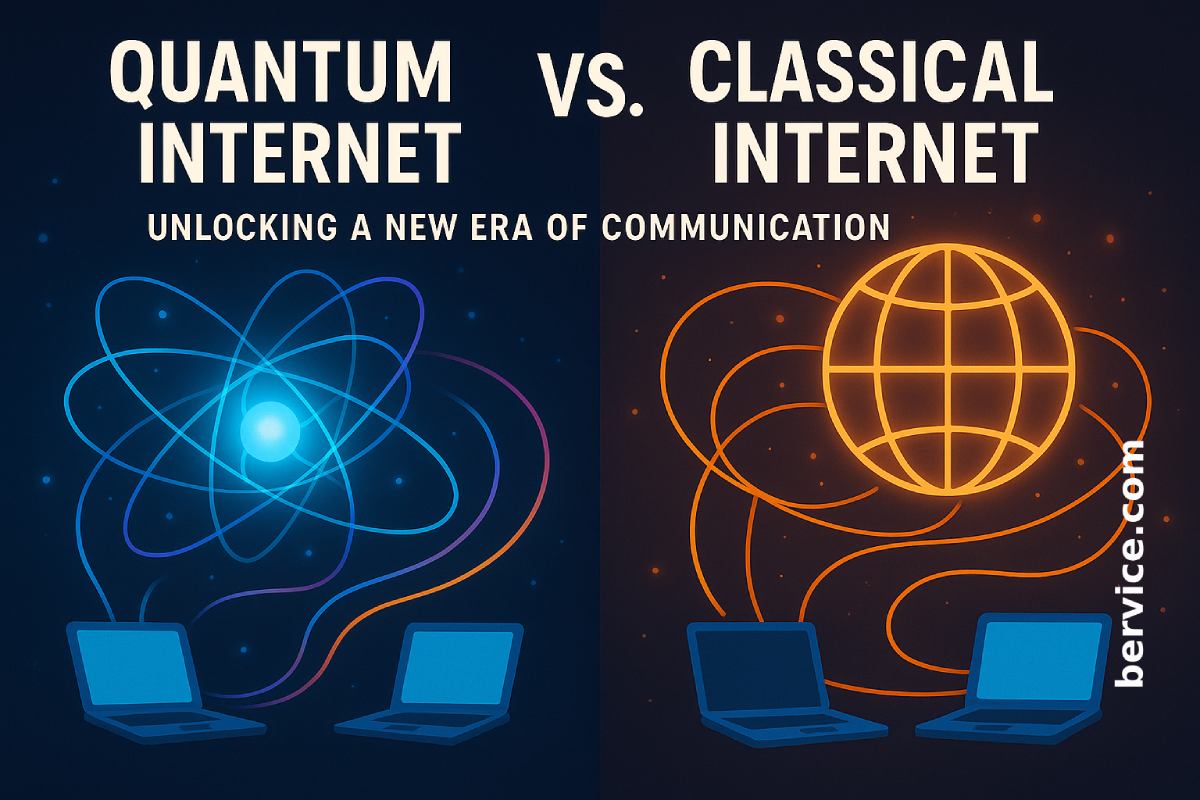
As the digital world grapples with increasingly sophisticated cyber threats and the growing need for ultra-secure, high-speed data transfer, a revolutionary shift is on the horizon: the quantum internet. Unlike the traditional, classical internet that relies on bits (0s and 1s), the quantum internet leverages quantum bits (qubits) and the phenomena of quantum entanglement and superposition. This emerging technology promises to redefine the landscape of communication, security, and information processing.
In this article, we explore the key advantages of the quantum internet compared to today’s classical internet—and why it’s poised to become a foundational pillar of the future digital economy.
🔐 1. Unbreakable Security with Quantum Cryptography
The quantum internet’s most celebrated feature is its unprecedented level of security. Through Quantum Key Distribution (QKD), such as the BB84 and E91 protocols, two parties can exchange encryption keys in such a way that any eavesdropping attempt will inevitably disturb the quantum state of the particles, immediately alerting the participants.
Unlike classical encryption methods—vulnerable to brute-force attacks and quantum decryption—QKD offers provably secure communication backed by the laws of physics rather than computational complexity.
📌 Real-world applications: Governments, military, and financial institutions can benefit from secure communications immune to current and future hacking techniques, including those posed by quantum computers.
⚛️ 2. Quantum Entanglement Enables Instantaneous Correlation
A unique feature of quantum mechanics is entanglement, where two particles remain interconnected such that the state of one instantly affects the other, regardless of distance. While this doesn’t allow faster-than-light communication, it does allow for instantaneous coordination, which can be used in ultra-secure authentication, teleportation of quantum states, and synchronizing operations in distributed quantum systems.
This opens new possibilities for applications such as:
- Decentralized quantum computing
- Ultra-fast consensus algorithms
- Next-generation blockchain networks
🌐 3. Resistance to Data Interception and Hacking
While the classical internet is prone to man-in-the-middle attacks, data leaks, and storage vulnerabilities, quantum networks offer physical guarantees of message integrity. Any attempt to copy, clone, or measure qubits during transmission alters their quantum state—a fundamental limitation known as the no-cloning theorem.
This means that:
- Data interception becomes virtually impossible.
- Stored quantum data can be verified for authenticity and tamper-resistance.
💡 Implication: Sensitive sectors like healthcare, voting systems, and space communication can achieve new heights in data integrity and privacy.
🚀 4. Quantum Internet Boosts Future Technologies
The quantum internet will act as the communication backbone for quantum computers. Since quantum computers are highly sensitive and interconnected operations are essential, the quantum internet will allow:
- Distributed quantum computing clusters
- Quantum cloud services
- Remote access to quantum processors with secure authentication
Furthermore, it can support the development of quantum AI models, quantum machine learning frameworks, and more advanced quantum simulation tools that rely on interconnected quantum nodes.
🛰️ 5. Foundation for the Quantum Space Race
Countries like China, the USA, and members of the European Union are already launching quantum communication satellites (e.g., China’s Micius satellite) to create long-distance entangled links. These developments are crucial to overcoming the challenges of signal loss in optical fibers and building global quantum networks.
This lays the groundwork for:
- A global quantum communication layer
- Intercontinental QKD networks
- Quantum-safe global internet infrastructure
🚧 Challenges Still Remain
While the potential is extraordinary, there are hurdles to mass adoption:
- Decoherence and noise: Qubits are fragile and can easily lose their state.
- Scalability: Current quantum networks are limited in range and capacity.
- Cryogenic requirements: Most quantum systems require extreme cooling, adding cost and complexity.
Despite these challenges, advancements in quantum repeaters, quantum memory, and photon-based transmission are actively addressing these barriers.
🌍 Conclusion: A Paradigm Shift Is Coming
The quantum internet is not a replacement for the classical internet—it’s an upgrade designed for a future that demands ultra-secure, high-fidelity, and interconnected quantum systems. As the quantum ecosystem matures, from processors to communication protocols, the benefits will cascade across nearly every industry.
Those who prepare today for the quantum leap will be the pioneers of tomorrow’s secure, intelligent, and interconnected world.
Connect with us : https://linktr.ee/bervice
